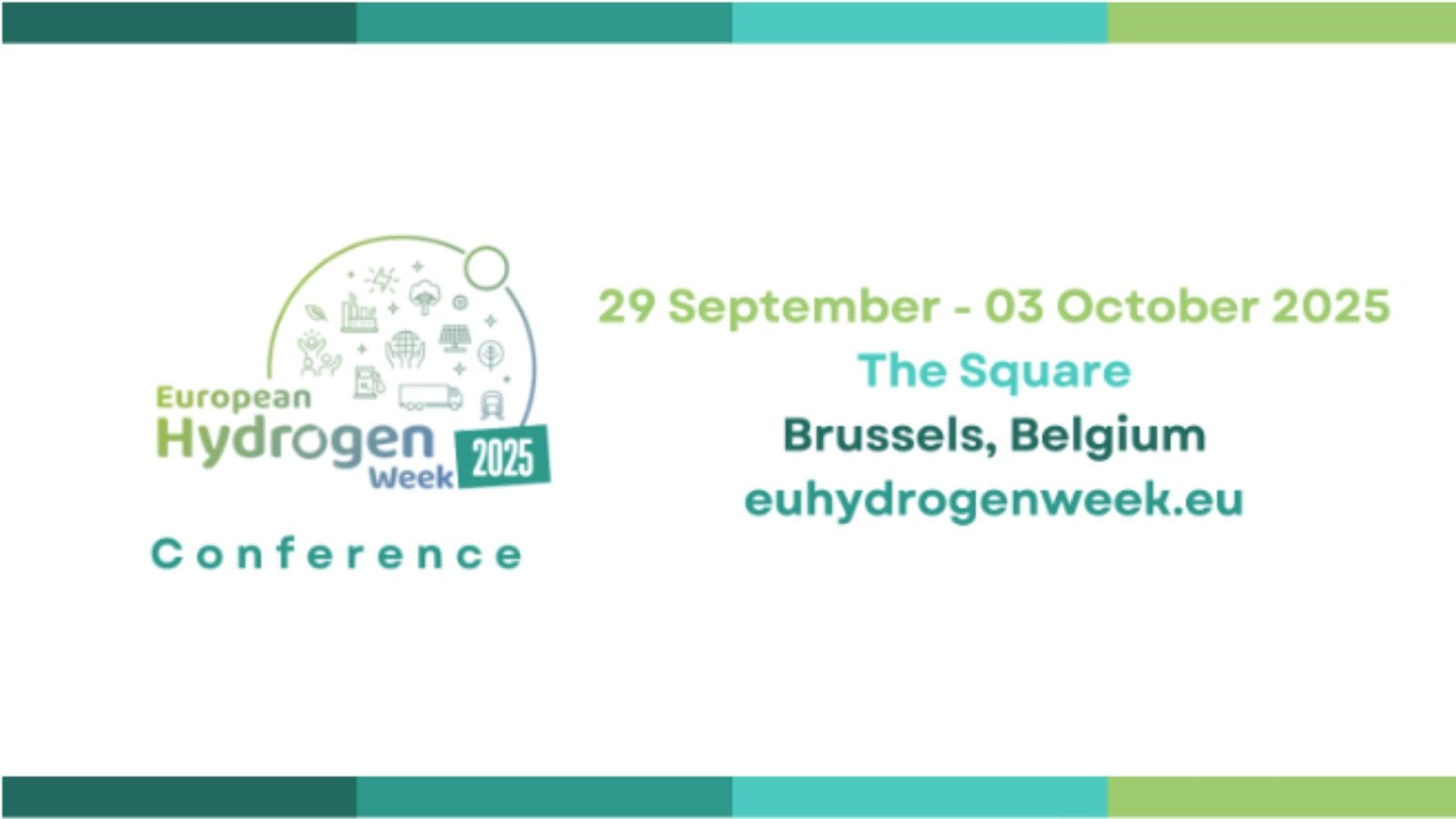Rushing to arrive at a workable arrangement before the new post-election German parliament convened on March 25, Friedrich Merz’s victorious CDU/CSU bloc and the Social Democrats (SPD) reached agreement mid-month with the Greens on a massive increase in government borrowing, effectively removing Germany’s constitutionally enshrined debt brake (Schuldenbremse). Timing was critical, as after March 25, the Alternative for Germany (AfD) and The Left (Die Linke) parties would have gained the blocking power in the German parliament needed to halt the reforms. Court challenges from the main parties unlikely to join the next government — the AfD, The Left and the Free Democrats (FDP) also failed to stop the vote.
February 23 election winner Friedrich Merz, whose conservative CDU/CSU bloc is still in negotiations with the SPD and others to form a new government following those elections, had disavowed any intention to reform the debt brake during the election campaign, but agreed to the changes in order to exempt defense spending over one percent of GDP and to a create a second special fund of over €500 billion for infrastructure, of which €100 billion will go towards a climate and economic transformation fund, as well as the enshrinement of climate neutrality into the federal constitution, which was critical for support from the Greens. Their support made it possible for Merz to get the two-thirds majority (53-16) the constitutional amendments needed for approval in Germany’s Bundesrat.
Germany’s debt brake is a fiscal rule enacted in 2009 under Prime Minister Angela Merkel. The law, found in Article 109, paragraph 3 and Article 115 of the Basic Law (Germany’s constitution) is designed to restrict structural budget deficits at the federal level and limit the issuance of government debt, which became a problem when Germany exceeded the 60 percent debt-to-GDP ratio laid out in the Maastricht Treaty after heavy spending on reconstruction of Eastern Germany along with revenue losses in the Great Recession (2008-2010).
The original rule restricts annual structural deficits to 0.35 percent of GDP, but has been amended twice since its enactment, in 2022 and in 2025, both under outgoing Prime Minister Olaf Scholz’s cabinet and in the 21st Bundestag (this month) and both for the purpose of significantly increasing defense spending.
The debt brake law allowed for some leeway, as the country could legally exceed the borrowing limits during a national emergency or a recession. It is also important to note that the debt brake rules did not restrict spending in the three German states (Berlin, Mecklenburg-Vorpommern and Schleswig-Holstein) that did not replicate the law into their state constitutions, but states may not manage defense spending.
What does this mean?
Anti-austerity critics have long argued that the debt brake constrained Berlin’s ability to respond flexibly to economic downturns. Many contend as well that the austerity measures represented by the debt brake only hinder long-term growth prospects by causing underinvestment in infrastructure, education, green technologies as well as in welfare programs. Removal of the debt brake is thus considered to be a broad pro-growth measure, although many in Germany have responded with skepticism.
The geopolitical impetus for the German reforms, and above all the need for immediate action, clearly derives from Donald Trump’s re-election, as the need to reinvigorate and unchain Europe’s primary industrial locomotive has taken the spotlight with the Ukraine-Russia war next door. The budget reforms will also allow for a sustained build-out of Germany’s and the European Union’s defense industrial base, a change which Moscow will not appreciate as this will boost the EU’s role in Ukraine peace negotiations and especially long-term peace enforcement. For Washington there are pluses and minuses. Trump will be able to claim success in pressing the Europeans to spend more on their own defense, while American defense contractors will ultimately lose some sales.
Seen from the perspective of Europe’s southern tier, Germany’s debt policy reforms are being taken as a form of vindication, although none would demand an outright apology from Berlin, and fewer still admit that their own fiscal profligacy set off the European debt crisis which exploded in 2010. What the “European South” really wants is support from Berlin in new EU initiatives to develop common debt instruments, similar to what was actually done during the Covid-19 crisis.









